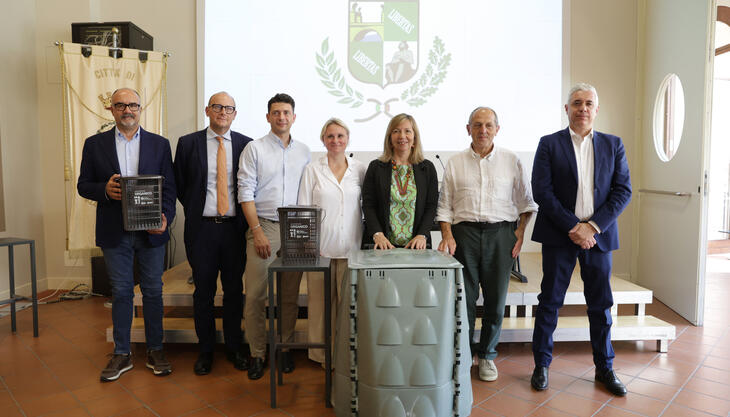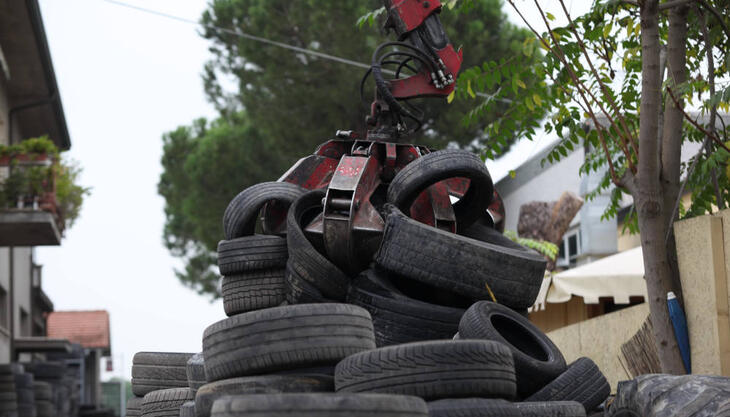
European plastics producers call for a mandatory EU recycled content target for plastics packaging of 30% by 2030. An enabling policy framework and collaboration with the value chain are essential to reach target.
PlasticsEurope endorses the objective of preventing and reducing excessive packaging and packaging waste. It welcomes the revision of the Packaging and Packaging Waste Directive (PPWD), EU legislation that is key to the transition to a circular economy for plastics. European plastics producers support the European Commission proposal for a mandatory EU recycled content target for plastics packaging and are calling for a target of 30% for plastics packaging by 2030.
PlasticsEurope members are already working towards this target by investing billions of euros in increased high-quality supply of recycled plastics and leading-edge technology solutions. Ramping up chemical recycling is essential to achieve such a mandatory target. For example, PlasticsEurope members planned investments in this vital technology and infrastructure range from 2.6 billion euros by 2025 to 7.2 billion euros by 2030 in Europe.
“The world must embrace the circular economy concept as the key to climate neutrality, resource conservation and environmental protection. The call for a regulated recycled content target for plastics packaging in the EU demonstrates our commitment to accelerate the transformation to a circular economy, helping implement the EU Green Deal and Circular Economy Action Plan”, Markus Steilemann, President of PlasticsEurope and CEO of Covestro, stated.
 To successfully meet this target, new systems thinking, mind set and behavioural changes, higher performing products, eco-design innovation, new infrastructure, are needed amongst others. We must also ensure recycled content is derived from all “waste materials” through a technology-neutral approach that includes both mechanical and chemical recycling, with a credible mass balance2 framework.
To successfully meet this target, new systems thinking, mind set and behavioural changes, higher performing products, eco-design innovation, new infrastructure, are needed amongst others. We must also ensure recycled content is derived from all “waste materials” through a technology-neutral approach that includes both mechanical and chemical recycling, with a credible mass balance2 framework.
“We need a harmonised EU policy framework that provides certainty and incentivises further investment in collection, sorting and recycling infrastructure and technologies, including chemical recycling. We must harness the power of the single market. However, systemic change requires concerted collaboration. It is only by working together with the EU institutions and the value chain that we can deliver on this target. With the right enabling conditions in place this will be a very different industry 10 years from now”, Virginia Janssens, Managing Director of PlasticsEurope, commented.
The European Commission Circular Plastics Alliance is a prime example of the type of concerted collaboration that is necessary. The alliance, in which PlasticsEurope plays a leading role, brings together over 290 value chain members striving towards the delivery of 10 million tonnes of recycled content in products by 2025.























